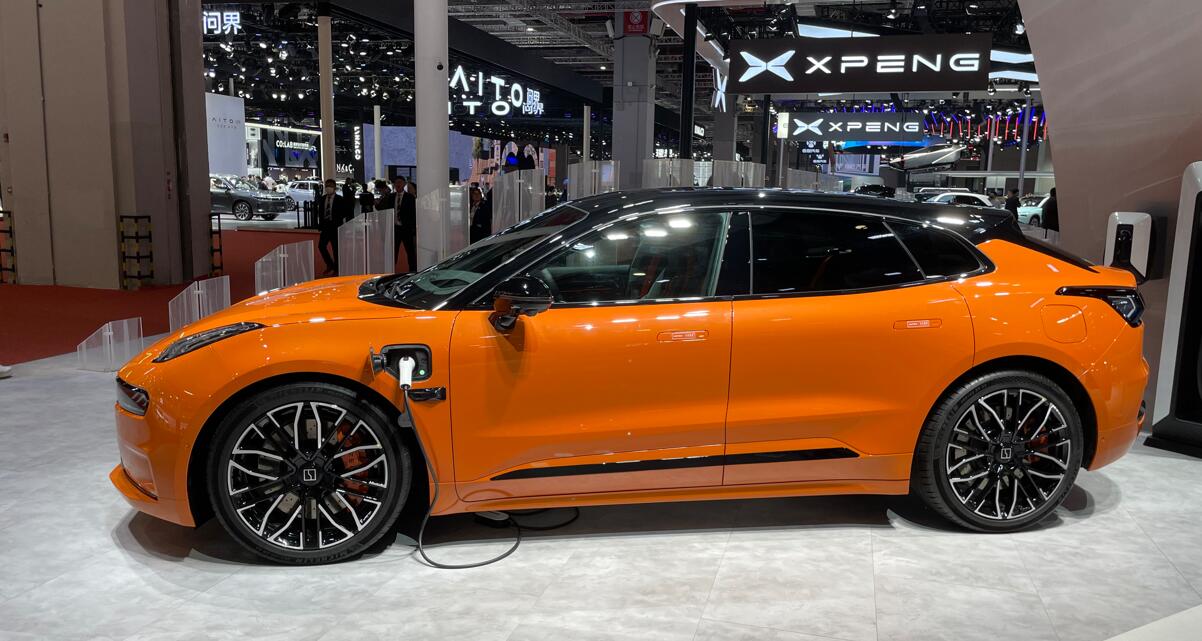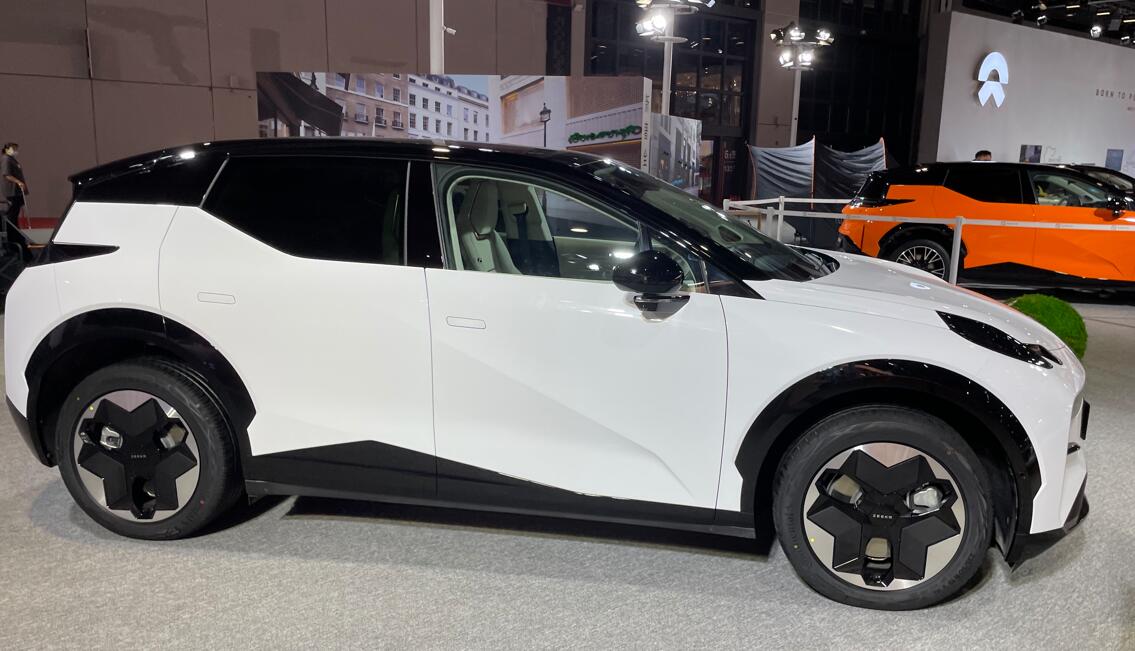Zeekr Set to Launch EVs in Israel in Q4
Zeekr Announces Launch of Zeekr 001 and Zeekr X in Israel, Pre-sales to Commence in Q4

Geely’s premium electric vehicle (EV) subsidiary, Zeekr, is set to enter the Israeli market with two EV models, following the footsteps of fellow Chinese automaker Xpeng. In partnership with Israeli dealer Union Group, Zeekr will establish a joint car distribution network in Israel, as stated in their recent press release.
The Israeli market can anticipate the arrival of the Zeekr 001 shooting brake and the Zeekr X city SUV, both scheduled for pre-sale availability in the fourth quarter, with deliveries to follow shortly after. This strategic move reflects Zeekr’s optimism regarding the Israeli market, representing a significant milestone in their global business expansion, according to Chen Yu, the company’s Vice President.

Zeekr, founded in 2021, launched its first model, the Zeekr 001, in China on April 15, 2021, with deliveries commencing in October of the same year. Subsequently, on November 1, 2022, Zeekr released its second model, the Zeekr 009 MPV, with deliveries starting on January 15th. The third model, the Zeekr X, was unveiled on April 12 and began deliveries in China on June 12.
Having revealed its European strategy during the Shanghai auto show on April 18, Zeekr initiated pre-sales of the Zeekr 001 and Zeekr X in Europe on June 27. These models, priced at 59,490 euros ($65,220) and 44,990 euros respectively, will initially be available for purchase in Sweden and the Netherlands, with the first deliveries expected within the year. Notably, Zeekr has adopted a direct sales model, similar to Nio, for its European operations, while in Israel, it has opted for a traditional dealership model.
In parallel news, Xpeng, another Chinese EV manufacturer, announced a strategic partnership with Freesbe, one of Israel’s prominent automotive dealership groups, to develop their sales and service network within the Middle Eastern country. This highlights the Middle East’s significance as an expanding market for Chinese EV companies, alongside Europe and Southeast Asia.

Israel’s favorable environment for electric vehicles includes a lower purchase tax rate compared to conventional gasoline cars. Although the EV purchase tax increased to 20 percent in January 2023 and is set to rise to 35 percent from 2024 onwards, it remains considerably lower than that imposed on gasoline-fueled vehicles. Factors such as natural gas resources, relatively low electricity prices, and high fuel costs further contribute to Israel’s conducive market for EV adoption.
(Note: Conversion rates at the time of writing are $1 = RMB 7.2324 and $1 = 0.9122 euros)

 Auto in China
Auto in China